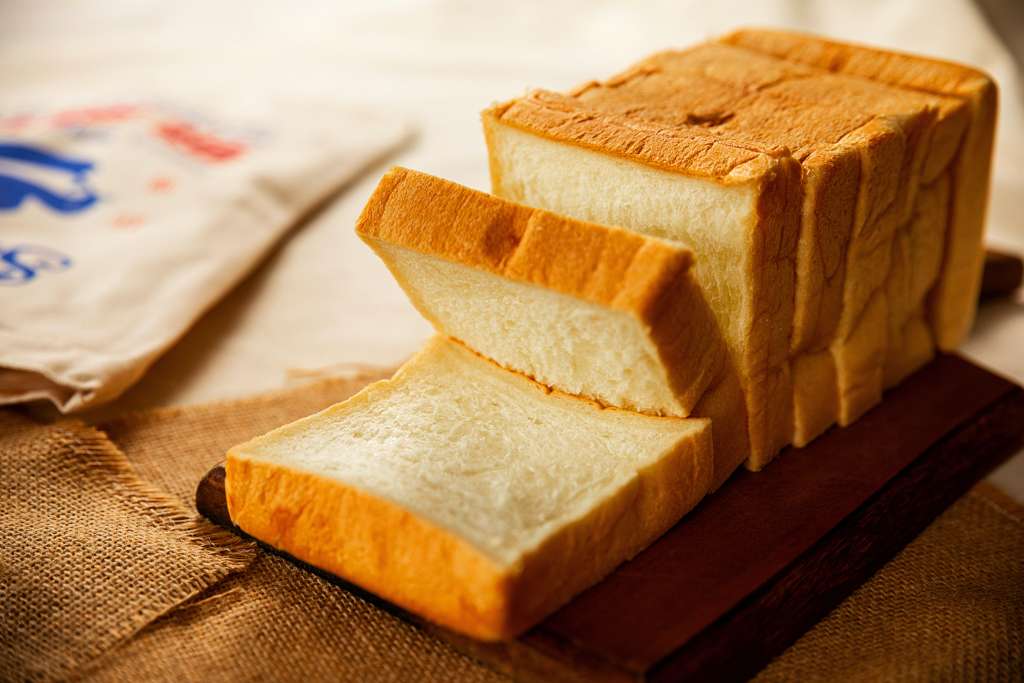 Whenever I hear today’s Gospel (Matthew 7:21-29), I can’t help but think about St. Irenaeus. He is hardly a household name among Catholics today, and it’s easy to understand why. The distance between his time and ours is about 18 centuries. But St. Irenaeus remains enormously important to the Church today, especially for those who want to better understand and defend their faith.
Whenever I hear today’s Gospel (Matthew 7:21-29), I can’t help but think about St. Irenaeus. He is hardly a household name among Catholics today, and it’s easy to understand why. The distance between his time and ours is about 18 centuries. But St. Irenaeus remains enormously important to the Church today, especially for those who want to better understand and defend their faith.
Irenaeus was crucially important in establishing the belief in the Real Presence of Christ in the Eucharist. The Eucharist, Irenaeus writes, consists of “two realities, earthly and heavenly.” He describes Christ as the “perfect bread” of the Father who enables us to enter into full communion with the being of God: “He did this when He appeared as a man, that we, being nourished, as it were, from the breast of His flesh, and having, by such a course of milk nourishment, become accustomed to eat and drink the Word of God, may be able also to contain in ourselves the Bread of immortality, which is the Spirit of the Father.” These are not the words of someone who views the Eucharist as a symbol, but one who has a deep, rock-solid faith.
Irenaeus is also famous for recapitulation – the concept that all things are summed up, or, literally, brought back to their head – which is Christ. Irenaeus is saying that Christ, in a sense, re-enacted all the events and all the figures from the Garden of Eden, in the process of undoing original sin. Irenaeus writes, just as Christ is the new Adam, so also Mary is the new Eve. And just as tree was the cause of the curse, so also we were saved through a tree (the cross).
Through all his writings and by his actions, St. Irenaeus teaches us that if our faith is strong, we can overcome anything that is thrown our way. If our lives are built on the rock of Christ and we listen to his words and act on them, we will have a powerful foundation for the rest of our lives.






